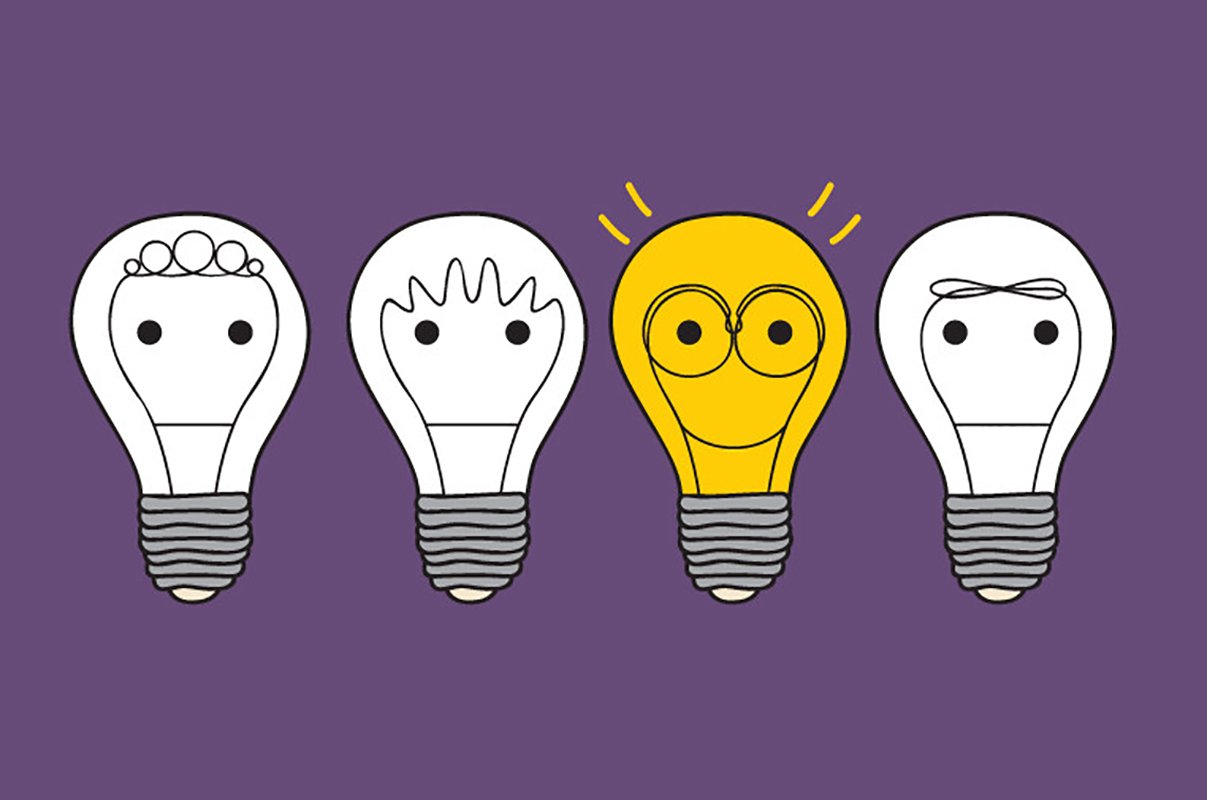Dreams, are universal, but not opportunities.
Take the case of Florence, from Kenya. She is a mother of 8 children, who needs to buy seeds and fertilizer to keep her maize cultivation running. But she is not part of the banking system. Who will lend her the money she needs to make the necessary investments that allow her to keep her business running?
Florence is one example of someone who is financially excluded. Based on the World Economic Forum report published in 2014, there are around 2 billion people in the world that do not posses any access to traditional banking services. According to a 2016 report published by the international auditing firm KPMG, in under developed economies such as Cambodia only 5% of the population owns a bank account.
For the entire South East Asia region, only 27% of the 600 million people living in the region possess a bank account. Without access to banking services, these millions of unbanked individuals have limited avenues to unlock income generating opportunities and uplift themselves out of poverty.
Image source, World BankFortunately, technology now has provided an alternative for these specific individuals as to be financially included.
Although the number of unbanked individuals ranked highest in under developed economies, these same economies also tend to have one of the highest numbers of mobile phone ownerships.
For example in the Sub Saharan region, 155 million of the 350 million unbanked individuals is said to own at least one mobile phone. In India alone since 2016, there are already one billion mobile phone subscribers. With the large number of mobile phone ownership in these underdeveloped economies, mobile banking is seen as a viable way of bring banking services to the unbanked.
With the use of Blockchain technologies, the costs and barriers to financial inclusion can be dramatically reduced. For example in the case of stateless individuals who lack any form of identification papers to prove who they are, the open ledger system of the Blockchain technologies can be used as a form of identity verification hence allowing them access to the payment infrastructure without going through the lengthy document verification process which traditional banking requires.
One such project which is working to expand financial inclusion and help eliminate poverty with cryptocurrency is Humaniq.
Founded in 2016 by Alex Fork, Humaniq is a 4th generation mobile bank that uses the Ethereum blockchain to tackle the phenomenon of financial exclusion. The project is designed to help those without any formal identification documents to gain access to the banking ecosystem.
Rather than relying on formal documentation for identity verification, the Humaniq project relies on biometric authentication for identity verification and signup. Each user of the Humaniq mobile bank system will be assigned an ID on the blockchain that uniquely identifies the user.
Once the user has completed the signup and verification process, he or she will be able to create an account and gain access to banking services such as receiving money and transferring money. To simplify the onboarding process for users of the Humaniq mobile bank, there is a heavy reliance on biometric, facial, location and voice recognition technologies. The use of these technologies also helps to alleviate the problem of documentation forgery and hence providies a more secure banking environment.
Humaniq project relies on biometric authentication for identity verification and signup.The Humaniq banking system will utilize its own native token that is issued on the Ethereum blockchain.
These tokens can be exchanged for local currencies through mobile cashiers. There are also provisions for the conversion of these tokens to other forms of cryptocurrency such as Bitcoins and Ether in the near future.
However, it should be noted that the Humaniq project is much more than just a mobile bank that competes with traditional banks. Rather it has more to do with humanitarian services and creating communities. The Humaniq App also contains a feature called “Earn” which allows users to earn tokens from performing simple tasks amalgamated from the online tasks marketplace such as Amazon Mechanical Turk and another partner company.
There is no doubt that Blockchain technology and cryptocurrencies are driving the 4th generation banking revolution.
The key benefits include lower to zero cost of funds remittance through the elimination of intermediaries and transparency. The public ledger system offered by the blockchain technology is unhindered by political or technical hurdles hence making it the perfect way for projects such as the Humaniq project to deliver a whole host of services which can impact the unbanked in many positive ways.
Mobile technologies are already radically changing the way many people in Africa, Asia and Latin America are doing business. And now with banking services becoming more accessible to everyone through blockchain technology, the unbanked will now have access to more opportunities to create a better life for themselves.

Maria Fonseca is the Editor and Infographic Artist for IntelligentHQ. She is also a thought leader writing about social innovation, sharing economy, social business, and the commons. Aside her work for IntelligentHQ, Maria Fonseca is a visual artist and filmmaker that has exhibited widely in international events such as Manifesta 5, Sao Paulo Biennial, Photo Espana, Moderna Museet in Stockholm, Joshibi University and many others. She concluded her PhD on essayistic filmmaking , taken at University of Westminster in London and is preparing her post doc that will explore the links between creativity and the sharing economy.




























